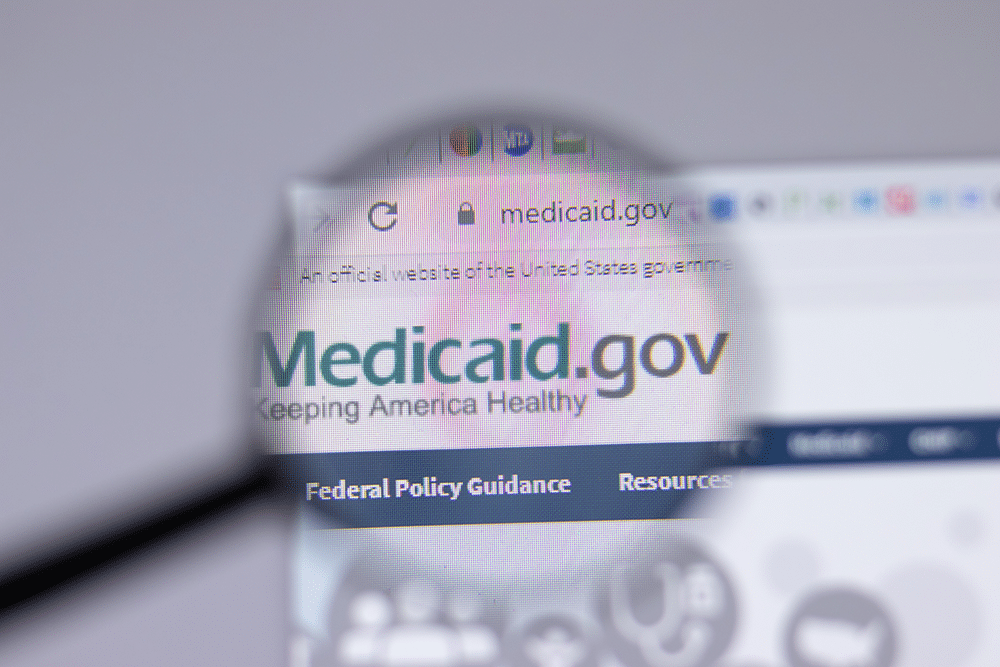Analysts estimate that up to 18 million people (or one in five enrollees) will lose Medicaid coverage between this year and next, and among those, 3.8 million will remain without health insurance. Here is what you need to know.
Medicaid enrollment ballooned by 20 million people during the Covid-19 pandemic to nearly 84 million people. That was no fluke: with a declaration of a Public Health Emergency (PHE), states were barred from removing people from the program. This is all about to change. The $1.7 trillion government spending bill passed in December reinstated states’ ability to kick people off Medicaid, and in April of this year, millions will be at risk of losing Medicaid coverage.
In March 2020, the federal government declared a PHE as a result of the COVID-19 pandemic. The PHE included a provision that allowed all people receiving Medicaid to remain enrolled and receive Medicaid benefits without having to renew their eligibility to maintain Medicaid coverage. In other words, if you were already receiving Medicaid benefits, the benefits could not be terminated, regardless of your income.
While the federal government has recently renewed the PHE, it no longer includes the provision that pertains to Medicaid benefits. Instead, the government has declared that the PHE will no longer apply to Medicaid benefits, and effective April 1, 2023, states can and will begin processing Medicaid redeterminations. This means that if you are currently receiving Medicaid benefits but do not meet the eligibility requirements as of April 1, 2023, you may lose Medicaid coverage and have your benefits terminated. However, importantly, states will only be evaluating eligibility as of April 1, 2023, without look back or assessment of penalties that may have otherwise been incurred without the PHE applied to Medicaid.
The expiration of the PHE for Medicaid will have a big impact on beneficiaries as many people receiving Medicaid benefits currently may no longer meet the income requirements to qualify. Any increase in income that occurred during the PHE could potentially disqualify any current beneficiaries. For example, individuals who have received inheritances or sold a house and received the proceeds but have not planned accordingly to maintain the Medicaid income requirement may no longer qualify.
If you are receiving Medicaid benefits and are now above the income requirement due to income or other assets that you received over the last three years, there are a number of planning tools that you can use to ensure your continued eligibility for Medicaid as of April 1, 2023. If there has been any significant change in your income or asset status during the PHE and you have not already made plans to ensure continued Medicaid eligibility, please contact our office to discuss your eligibility in more detail.


